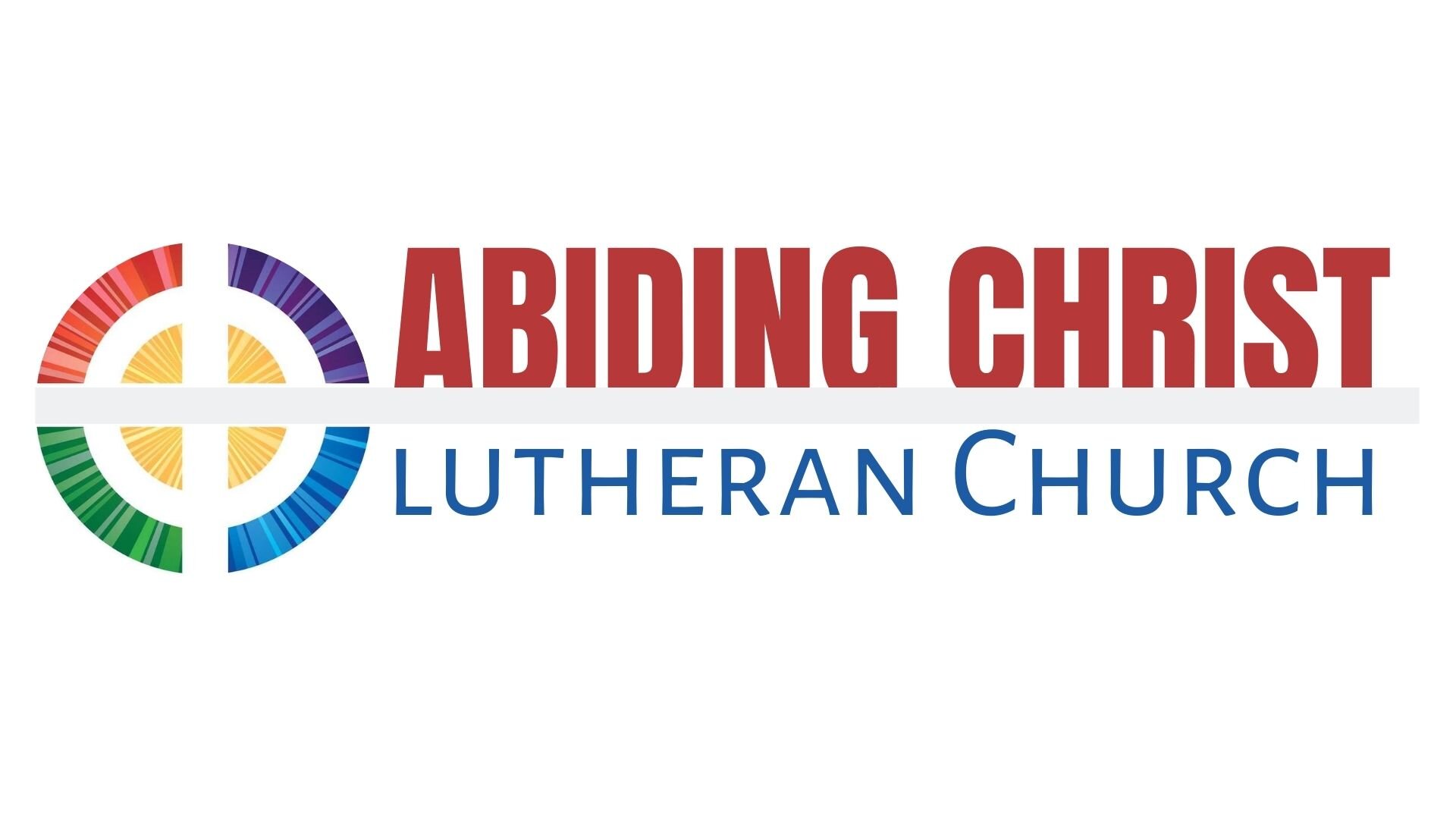Washington Gladden
Ephesians 5:1-2
Therefore be imitators of God, as beloved children, and live in love, as Christ loved us and gave himself up for us, a fragrant offering and sacrifice to God.
O Master, Let Me Walk with You LBW 492
1 O Master, let me walk with you in lowly paths of service true;
tell me your secret; help me bear the strain of toil, the fret of care.
2 Help me the slow of heart to move by some clear, winning word of love;
teach me the wayward feet to stay, and guide them in the homeward way.
3 Teach me your patience; share with me a closer, dearer company,
in work that keeps faith sweet and strong, in trust that triumphs over wrong,
4 In hope that sends a shining ray far down the future’s broad’ning way,
in peace that only you can give; with you, O Master, let me live.
Text: Washington Gladden, 1836-1918, alt.
When I was in seminary, we learned that Karl Barth, the great German theologian, once advised preachers to preach with “the bible in one hand and the newspaper in the other”. By that he meant preachers should preach to the world about the world about God’s will in the world. As Barth endured the rise of the Nazism in his native Germany, and how the church had been co-opted to say or do nothing in the face of such overt evil, he knew whereof he spoke. Of course Barth never had to deal with the notion we have inherited about the “separations of church and state”. This Jeffersonian ideal was never about the church criticizing the state but rather protecting the church from state laws that might compromise the free expression of its witness.
This is not a new problem. In his day Washington Gladden was faced with a similar belief; that the church should stick to spiritual affairs and allow the state to run the world. But Gladden began life as a newspaperman, and later answered the call to ministry. It was as a clergyman in New York that he spoke from the pulpit against the illicit extremes of the “Boss Tweed political mob” in New York. He preached the necessity of caring for the poor, the outcast, the immigrant, the ones Jesus called “the least of these” to his congregation. In particular he preached fiery sermons against corporations and their exploitation of workers.
When Gladden wrote this hymn in 1979, he said the poem had no deep theological significance, but was an honest cry of human need and the need for divine companionship. He said; “If friendship with Jesus did not lead to friendship with your neighbor, it was time to evaluate just how closely you are actually walking with the Master. This is good advice for some of our Christian brothers and sisters today.
Prayer: Lord Jesus, our companion along the way, may we heed and be led by your voice, your values and your love for all. And in this season of Easter keep us mindful that you are not dead but risen, living in and amongst the people called by Your name. Help us to live up to that high calling. Help us to be ambassadors of Your Holy name. Amen.

